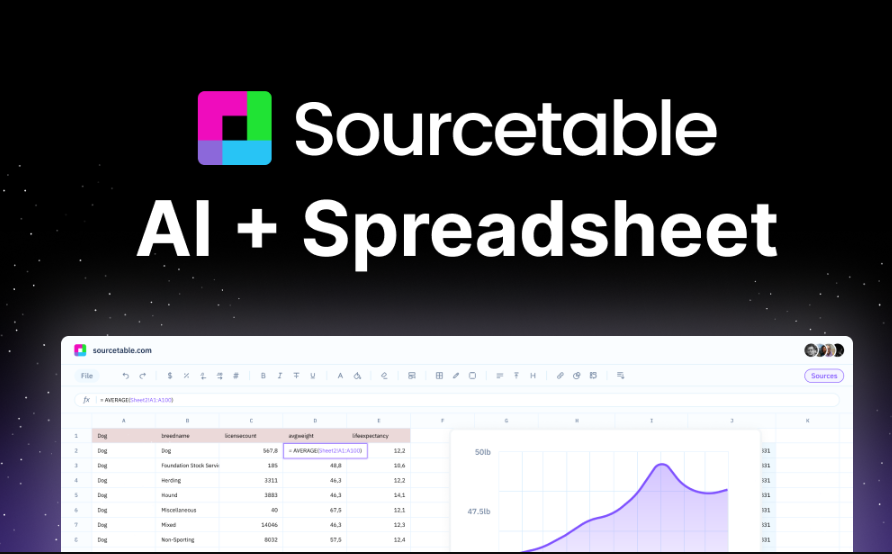Artificial intelligence isn’t a new trend—it has been gradually transforming modern software engineering for years. From personalized recommendations to real-time fraud detection, AI and distributed systems are quietly powering today’s most essential digital experiences. But behind these technologies is a new breed of software engineer—one who bridges performance, scalability, and intelligent automation.
Smarth Behl, a Senior IEEE Member and seasoned software engineer with over a decade of experience, is among the technologists leading this shift. With deep expertise in backend systems, distributed computing, and machine learning, Behl has helped shape how companies architect large-scale systems capable of supporting millions of users and data-intensive applications.
The Rise of AI in Software Engineering
AI is no longer a futuristic concept—it is actively transforming how software is developed, tested, and deployed. AI-powered automated code generation, intelligent debugging, and performance optimization tools are streamlining software development lifecycles, allowing engineers to focus on high-impact work.
“AI-driven engineering is not about replacing developers,” explains Behl. “It’s about augmenting their capabilities, enabling them to write better code, detect issues faster, and optimize performance in ways that weren’t possible before.”
Machine learning models are increasingly used in backend systems to automate anomaly detection, enhance security, and personalize user experiences. According to a report by Forbes, by 2026, over 80% of organizations will have implemented AI-based development tools or models, up from less than 5% in 2023. Companies leveraging AI-driven engineering are gaining a competitive edge by reducing development time, minimizing errors, and improving overall system reliability.
The Power of Distributed Systems in Scalability
As businesses generate and process massive amounts of data, traditional monolithic architectures struggle to keep up. Distributed systems have emerged as the backbone of modern applications, enabling high availability, fault tolerance, and seamless scalability.
“When you’re operating at planet scale, you can’t afford downtime or inefficiencies,” Behl notes. “Well-designed distributed systems ensure that applications remain resilient, responsive, and adaptable, no matter the workload.”
By distributing workloads across multiple servers, companies can improve performance, reduce latency, and enhance user experience. Cloud-native architectures, microservices, and containerization have become essential in handling complex engineering challenges while maintaining agility and efficiency. This shift has been widely embraced by major tech firms, with The Wall Street Journal reporting that 90% of Fortune 500 companies have migrated to cloud-based distributed systems to improve scalability and resilience.
Backend Engineering: The Foundation of Reliable Software
While AI and distributed systems are driving innovation, robust backend engineering remains the foundation of scalable and secure applications. A well-architected backend ensures that data processing, authentication, and system integration operate seamlessly, providing a smooth experience for users and businesses alike.
“Backend engineering is the glue that holds modern applications together,” Behl explains. “A strong backend not only improves performance but also ensures security, scalability, and reliability.”
Backend engineering is evolving alongside AI, with innovations in serverless computing, database optimization, and API-driven development shaping the next generation of software applications. Behl’s industry expertise has been recognized through his role as a judge at the Globee Awards for AI, where he assesses technological excellence in software engineering and backend architecture.
From automated scaling to predictive maintenance, modern backend solutions are enabling businesses to stay ahead in an increasingly competitive digital landscape.
The Next Decade of Software Engineering
As businesses continue their digital transformation, engineering excellence in AI, distributed systems, and backend architecture will be the key to long-term success in an increasingly complex technological landscape.
“The next decade of software engineering will be defined by automation, intelligent systems, and adaptable infrastructure,” Behl concludes. “Companies that embrace these changes today will lead the industry tomorrow.”
With AI and distributed computing shaping the future of software development, organizations investing in these innovations will secure their place at the forefront of the digital era.












